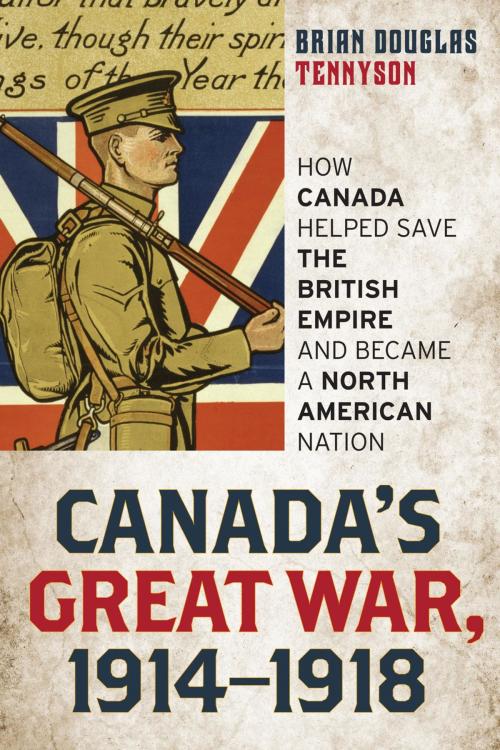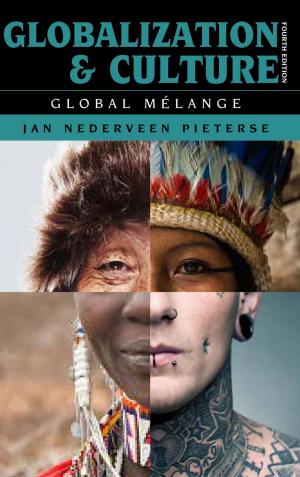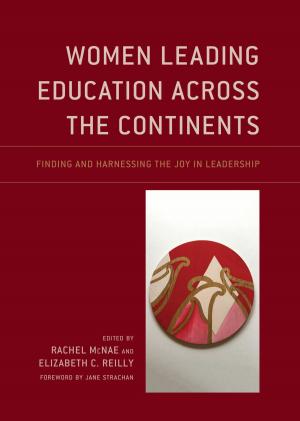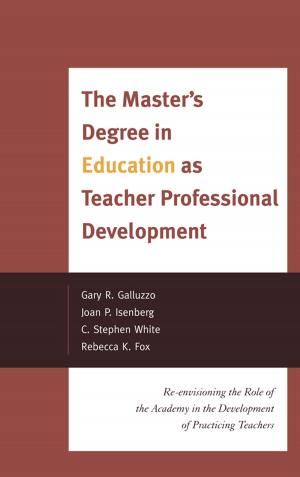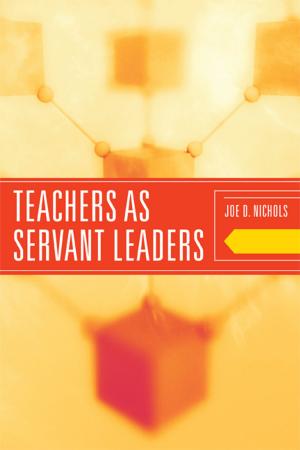Canada's Great War, 1914-1918
How Canada Helped Save the British Empire and Became a North American Nation
Nonfiction, History, Canada, Military, World War I| Author: | Brian Douglas Tennyson | ISBN: | 9780810888609 |
| Publisher: | Rowman & Littlefield Publishers | Publication: | November 25, 2014 |
| Imprint: | Rowman & Littlefield Publishers | Language: | English |
| Author: | Brian Douglas Tennyson |
| ISBN: | 9780810888609 |
| Publisher: | Rowman & Littlefield Publishers |
| Publication: | November 25, 2014 |
| Imprint: | Rowman & Littlefield Publishers |
| Language: | English |
Canada’s Great War, 1914-1918: How Canada Helped Save the British Empire and Became a North American Nation describes the major role that Canada played in helping the British Empire win the greatest war in history—and, somewhat surprisingly, resulted in Canada’s closer integration not with the British Empire but with its continental neighbor, the United States.
When Britain declared war against Germany and Austria-Hungary in August 1914, Canada was automatically committed as well because of its status as a Dominion in the British Empire. Despite not having a say in the matter, most Canadians enthusiastically embraced the war effort in order to defend the Empire and its values. In Canada’s Great War, 1914-1918, historian Brian Douglas Tennyson argues that Canada’s participation in the war weakened its relationship with Britain by stimulating a greater sense of Canadian identity, while at the same time bringing it much closer to the United States, especially after the latter entered the war. Their wartime cooperation strengthened their relationship, which had been delicate and often strained in the nineteenth century. This was reflected in the greater integration of their economies and the greater acceptance in Canada of American cultural products such as books, magazines, radio broadcasting and movies, and was symbolized by the astonishing American response to the Halifax explosion in December 1917. By the end of the war, Canadians were emerging as a North American people, no longer fearing close ties to the United States, even as they maintained their ties to the British Commonwealth.
Canada’s Great War, 1914-1918 will interest not only Canadians unaware of how greatly their nation’s participation in the First World War reshaped its relationship with Britain and the United States, but also Americans unacquainted with the magnitude of Canada’s involvement in the war and how that contribution drew the two nations closer together.
Canada’s Great War, 1914-1918: How Canada Helped Save the British Empire and Became a North American Nation describes the major role that Canada played in helping the British Empire win the greatest war in history—and, somewhat surprisingly, resulted in Canada’s closer integration not with the British Empire but with its continental neighbor, the United States.
When Britain declared war against Germany and Austria-Hungary in August 1914, Canada was automatically committed as well because of its status as a Dominion in the British Empire. Despite not having a say in the matter, most Canadians enthusiastically embraced the war effort in order to defend the Empire and its values. In Canada’s Great War, 1914-1918, historian Brian Douglas Tennyson argues that Canada’s participation in the war weakened its relationship with Britain by stimulating a greater sense of Canadian identity, while at the same time bringing it much closer to the United States, especially after the latter entered the war. Their wartime cooperation strengthened their relationship, which had been delicate and often strained in the nineteenth century. This was reflected in the greater integration of their economies and the greater acceptance in Canada of American cultural products such as books, magazines, radio broadcasting and movies, and was symbolized by the astonishing American response to the Halifax explosion in December 1917. By the end of the war, Canadians were emerging as a North American people, no longer fearing close ties to the United States, even as they maintained their ties to the British Commonwealth.
Canada’s Great War, 1914-1918 will interest not only Canadians unaware of how greatly their nation’s participation in the First World War reshaped its relationship with Britain and the United States, but also Americans unacquainted with the magnitude of Canada’s involvement in the war and how that contribution drew the two nations closer together.
